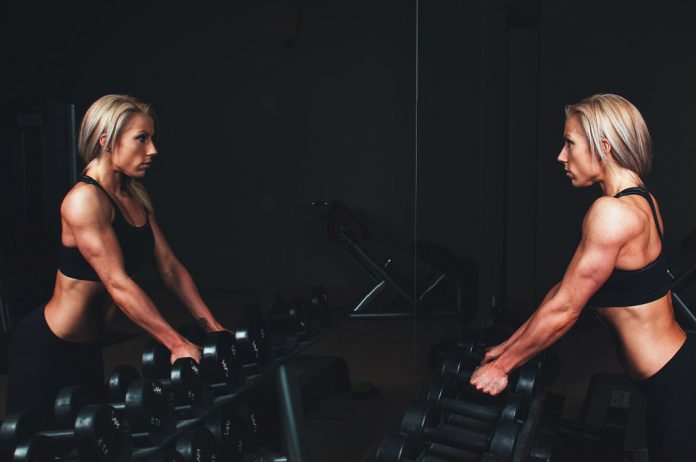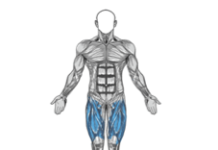There are many reasons why we tend to slow down and become more sedentary with age. It may be due to health problems, weight or pain issues, or worries about falling. Or perhaps you think that exercising simply isn’t for you. But as you grow older, an active lifestyle becomes more important than ever to your health. Getting moving can help boost your energy, maintain your independence, protect your heart, and manage symptoms of illness or pain as well as your weight. And regular exercise is also good for your mind, mood, and memory. No matter your age or your current physical condition, these tips can show you simple, enjoyable ways to become more active and improve your health and outlook.

What are the benefits of exercise for older adults?
A recent Swedish study found that physical activity was the number one contributor to longevity, adding extra years to your life—even if you don’t start exercising until your senior years. But getting active is not just about adding years to your life, it’s about adding life to your years. You’ll not only look better when you exercise, you’ll feel sharper, more energetic, and experience a greater sense of well-being.
Physical health benefits
Helps you maintain or lose weight. As metabolism naturally slows with age, maintaining a healthy weight is a challenge. Exercise helps increase metabolism and builds muscle mass, helping to burn more calories.
Reduces the impact of illness and chronic disease. People who exercise tend to have improved immune and digestive functioning, better blood pressure and bone density, and a lower risk of Alzheimer’s disease, diabetes, obesity, heart disease, osteoporosis, and certain cancers.
Enhances mobility, flexibility, and balance. Exercise improves your strength, flexibility and posture, which in turn will help with balance, coordination, and reducing the risk of falls. Strength training also helps alleviate the symptoms of chronic conditions such as arthritis.
Mental health benefits
Improves sleep. Quality sleep is vital for your overall health. Regular activity can help you fall asleep more quickly, sleep more deeply, and wake feeling more energetic and refreshed.
Boosts mood and self-confidence. Exercise is a huge stress reliever and the endorphins produced can actually help reduce feelings of sadness, depression, or anxiety. Being active and feeling strong naturally helps you feel more self-confident.
Does amazing things for the brain. Activities like Sudoku or crossword puzzles can help keep your brain active, but little comes close to the beneficial effects of exercise on the brain. It can help brain functions as diverse as multitasking and creativity and can help prevent memory loss, cognitive decline, and dementia. Getting active may even help slow the progression of brain disorders such as Alzheimer’s disease.
Overcoming obstacles to getting active as you age
Starting or maintaining a regular exercise routine can be a challenge at any age—and it doesn’t get any easier as you get older. You may feel discouraged by health problems, aches and pains, or concerns about injuries or falls. If you’ve never exercised before, you may not know where to begin, or perhaps you think you’re too old or frail, can never live up to the standards you set when you were younger. Or maybe you just think that exercise is boring.
While these may seem like good reasons to slow down and take it easy as you age, they’re even better reasons to get moving. Becoming more active can energize your mood, relieve stress, help you manage symptoms of illness and pain, and improve your overall sense of well-being. And reaping the rewards of exercise doesn’t have to involve strenuous workouts or trips to the gym. It’s about adding more movement and activity to your life, even in small ways. No matter your age or physical condition, it’s never too late to get your body moving, boost your health and outlook, and improve how you age.










